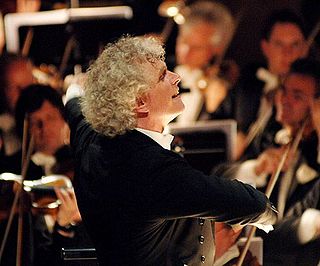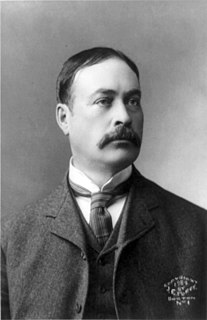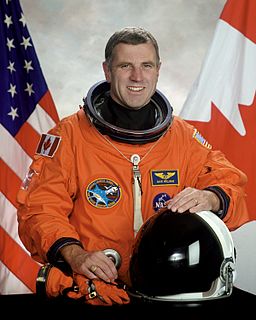A Quote by Robert Benchley
There is probably no moment more appalling than that in which the tongue comes suddenly upon the ragged edge of a space from which the old familiar filling has disappeared.
Related Quotes
To express dynamic motion through a static moment became for me limited and unsatisfactory. The basic idea was to liberate myself from this old concept and arrive at an image in which the spectator could feel the beauty of a fourth dimension, which lies much more between moments than within a moment. In music one remembers never one tone, but a melody, a theme, a movement. In dance, never a moment, but again the beauty of a movement in time and space.
I say this ironically, not because I favor the State, but because people are not in the state of mind right now where they feel that they can manage themselves. We have to go through an educational process - which does not involve, in my opinion, compromises with the State. But if the State disappeared tomorrow by accident, and the police disappeared and the army disappeared and the government agencies disappeared, the ironical situation is that people would suddenly feel denuded.
"When we contemplate the duration of the universe, we see it limited to the present moment, which is nothing more but the point which separates two infinities of time. The past and the future are as meaningless as if they did not exist. Is anyone more misguided than the man who barters an eternal future for a moment which passes quicker than the blink of an eye?."
It seems to me that on one page I recognized a portion of an old diary of mine which mysteriously disappeared shortly after my marriage, and, also, scraps of letters which, though considerably edited, sound to me vaguely familiar. In fact, Mr. Fitzgerald (I believe that is how he spells his name) seems to believe that plagiarism begins at home.
Quite generally, the familiar, just because it is familiar, is not cognitively understood. The commonest way in which we deceive either ourselves or others about understanding is by assuming something as familiar, and accepting it on that account; with all its pros and cons, such knowing never gets anywhere, and it knows not why.... The analysis of an idea, as it used to be carried out, was, in fact, nothing else than ridding it of the form in which it had become familiar.
It is false to speak of realization. What is there to realize? The real is as it is always. We are not creating anything new or achieving something which we did not have before. The illustration given in books is this. We dig a well and create a huge pit. The space in the pit or well has not been created by us. We have just removed the earth which was filling the space there. The space was there then and is also there now. Similarly we have simply to throw out all the age-long sanskaras [innate tendencies] which are inside us. When all of them have been given up, the Self will shine alone.
There is nothing more appalling than the wholesale way in which unthinking people plead to the Almighty the richest and most spiritual of His promises, and claim their immediate fulfillment, without themselves fulfilling one of the conditions either on which they are promised or can possibly be given.
What an incredibly proud moment as a Canadian to have the Canadian flag on the left shoulder of your space suit, looking at the Canadian logos on the robotic arm in the payload bay of the space shuttle, and there's the Orbiter Boom Sensor System, which was an extension of the Canadarm to inspect the tiles underneath the orbiter. It struck me that there were more Canadian logos in space than any other country's I saw.
When a man holds his tongue it does not signify much. But when a woman dispenses with the office of the mighty member, when she sheathed her natural weapon at a trying moment, it means that she trusts to still more formidable enginery; to tears it may be, a solvent more powerful than that with which Hannibal softened the alpine rocks.

































